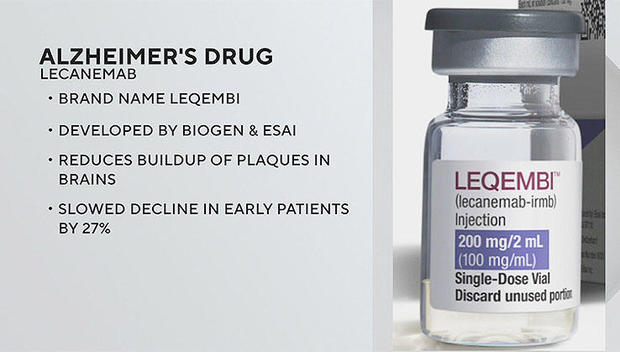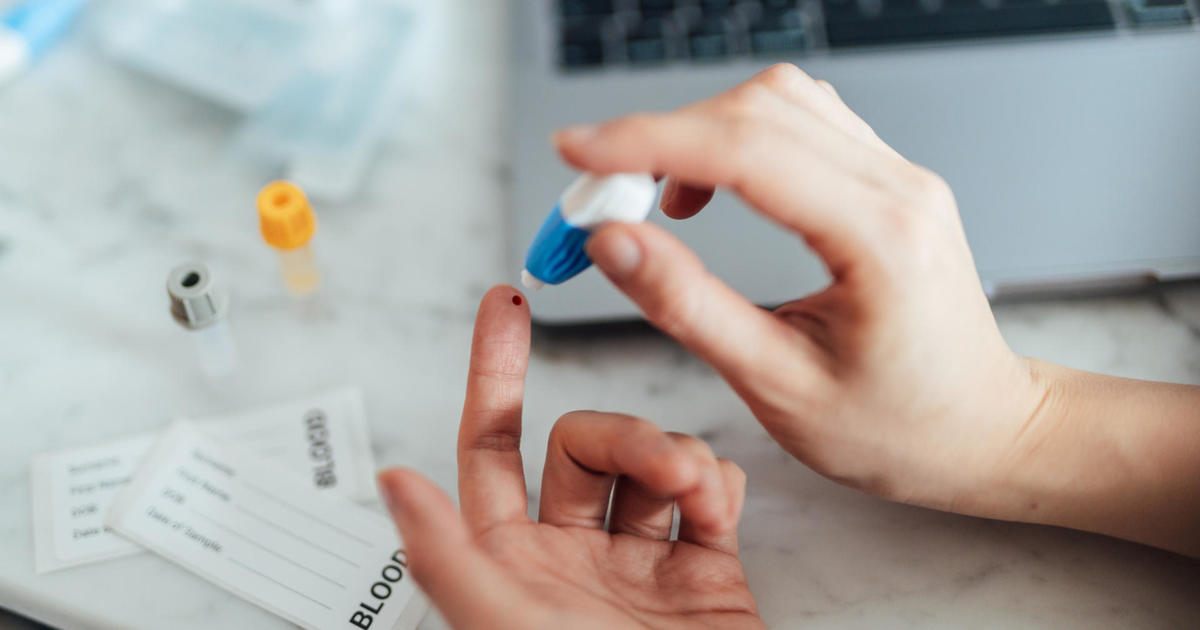First drug to slow early Alzheimer's disease, Lecanemab, approved by FDA
BOSTON - The FDA has approved the first drug to clearly slow the progression of early Alzheimer's disease. This move has been expected for some time now and is a big deal.
Unlike previous drugs, this one seems to work, at least modestly, to slow the progression of the disease in patients with early Alzheimer's.
Lecanemab was developed by Biogen and the Japanese drugmaker, Eisai. It reduces plaques of amyloid beta, a sticky protein that builds up in the brains of people with Alzheimer's.
In a clinical trial, the drug slowed the rate of cognitive decline in patients with early disease by 27-percent. The agency granted conditional approval back in January and last month, an advisory panel under the FDA voted unanimously to recommend full approval, which will likely make the treatment more widely available to millions of Medicare patients.
But there could be some hurdles along the way.
Medicare is expected to require doctors to participate in a registry that will collect data, allowing researchers to conduct further studies on the drug's effectiveness and safety, but that will require additional paperwork for clinicians who are already overwhelmed. It's also not clear whether insurers will pay for the brain scans and other services necessary to administer the drug, and some facilities may not have the ability to provide treatment.
And some patients may choose not to take it for a variety of reasons.
They have to get an infusion every two weeks for 18 months in order to slow the progression of the disease by about six months.
There can be side effects including fever, chills, rash, and body aches, but usually only after the first dose. And some patients will experience brain bleeding and or swelling. So in the end, patients and their families may decide that the benefits don't outweigh the possible risks or the investment of time.





